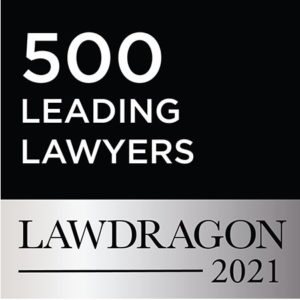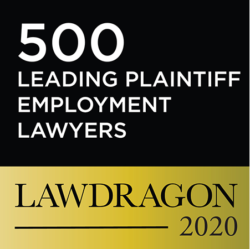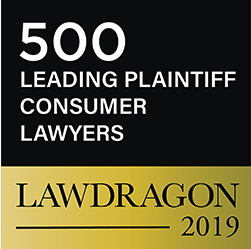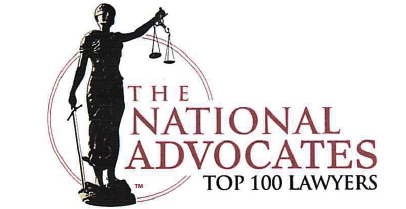“Why do disabled workers struggle with finding long-term, stable employment? What initiatives do you believe could be put in place by businesses or government to assist disabled workers in securing and sustaining employment?”
The struggle for disabled workers is unique to each individual and as someone who has been bound to a wheelchair with mobility problems, I can tell you firsthand about the challenges in public transportation, ingress/egress from buildings, accommodations to accomplish your tasks, and the general emotional discomfort of those fully abled. Unfortunately, disabilities are myriad and no one initiative can respond to learning disabilities, impaired mobility, intellectual challenges, and the multiple other challenges encountered by many who at times choose to remain invisible and silent about their hardships.
Although I was lucky that my disability lasted only a few years after a severe accident, the battle with my local municipality to respect the Americans with Disabilities Act (ADA) in public spaces remains a sore spot as I pointed out public place after sidewalk after building with limited access or simply lack of consideration for someone who had been civically active and was now wheelchair-bound. The ridiculousness of some of the proposed solutions from city leaders left me cold. Even the sidewalk nearest my home was “fixed” to the letter of the law but the spirit of ADA compliance was negated creating a ridiculous cement maze that leaves it as a still impassible obstacle for someone in a wheelchair. What was missing was the support of solid advocacy – a nudge, or more like a push to do what is right without having to resort to a lawsuit. Advocacy not only for ADA compliant problems but advocacy for workers who have found satisfying work but struggle with support from employers and a social isolation.
A vicious circle is created when we don’t see enough people with visible disabilities working alongside other workers and therefore when too few of our co-worker have a visible challenge but are fully qualified to do the work, they become isolated as “different.” We can break this cycle by normalizing the differently abled. Employers are the ones on the forefront of creating an inclusive environment, but they need awareness and education; and, this is where advocacy plays a large role in educating. We already incentivize the workforce with percentages set for federal agencies to employ target groups or employing without creating the actual changes needed for full inclusion to create long-term employment. As a former university career counselor, I could empathize with the extra hurdles for students with disabilities to overcome. I also understood where preconceptions were best battled with employers selecting students for interviews based on applications and resumes and not at a job fair where assumptions on the physical can be biased or in encouraging students to apply for federal internships that gave students with disabilities additional and practical experience before their search for formal employment at graduation time. In effective advocacy, though, assisting employers in understanding federal or state incentives, and encouraging the match with a qualified individual who happens to have a disability, would have maximum effectiveness. The best initiative for growing this advocacy is in the promotion of programs that help to bridge employees to employer, and to assist with necessary accommodations. If that bridge could be extended to beyond the employment match and to a regular check-in with employers quarterly or even monthly, we would, in effect, be creating a federally supported ombudsman system (not just spotty state support) for all involved.
The support needed for the transition to effective employee and employer goes beyond the initial hire and this system exists, to an extent, for those with more severe impairments but not for disabilities that are often overlooked and can lead to long-term unemployment or spotty employment. This advocacy needed should also entail education for small businesses, too. Far too often, a small or new business will have no understanding of the incentives already offered for employing persons with disabilities. Advocacy via an ombudsman office can extend to nonprofit management certification courses; programs offered by Small Business Administration (SBA) offices; or even in specialty sessions provided by nonprofits like the SCORE Association, where I formerly volunteered to counsel small businesses. As with many issues, the laws may exist, the incentives may exist, but advocacy is the missing key to push for effective implementation. Of course, for some of us, that also comes in our own personal advocacy to push our local, state, and federal government to honor and respect the intent of the ADA and to respect us as individuals.
Virginia Garcia

Born in the West, raised in the Midwest and now living in the South, Virginia “Viky” Garcia has spent
much of her adult life working with and for nonprofits. After a 20-year academic absence with a BA in
Art and an MSEd in Counseling, and a struggle with mobility after a severe accident, she has returned to
complete her PhD in Counselor Education and Supervision with an intent to create better counselors.
She currently lives in Laredo, Texas with her partner Alex and their two dogs while commuting to
attends St. Mary’s University in San Antonio, Texas.













